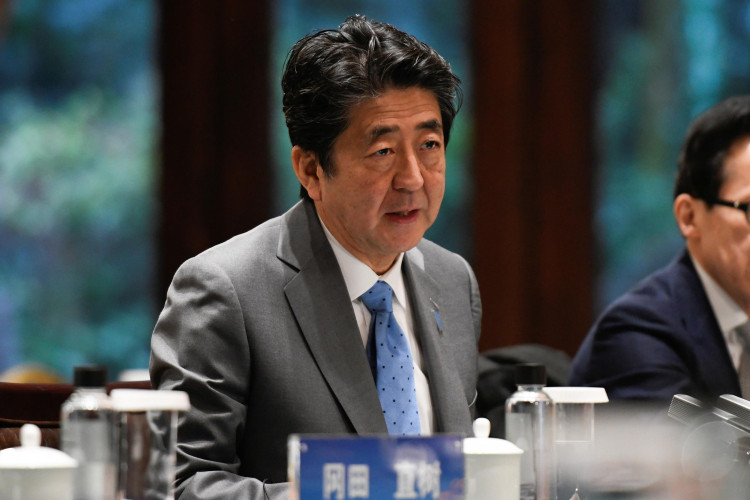China and Japan have agreed to engage in a deeper thrust in addressing aging societies and other problems as the two countries foster new areas of trade and economic ventures.
The agreement was made between Chinese Premiers Li Keqiang and Shinzo Abe, on Wednesday. Li and Abe discussed key matters in a hotel at the outskirts of Mt. Qingcheng, a Taoist sacred grounds a UNESCO World Heritage Site, about an hour from Chengdu, the capital city of Sichuan province.
Together with Republic of Korea President Moon Jae-in, the two leaders met for the 8th China-Japan-ROK ministerial meeting.
Li said ongoing efforts by China to further open up its services the sector will provide both countries with more opportunities to attain a win-win cooperation. In dealing with aging societies and achieving mutual benefits, he said, there is a wide room for greater bilateral collaboration.
Birth Rates Down
These countries are also facing rapidly aging societies' challenges. For the first time on record, new births in Japan fell below 900,000 per year, while births in China dropped for two consecutive years despite the adoption of a universal two-child policy.
He highlighted the financial services- including banking, life insurance, and health care- as sectors in which both countries will continue to work together.
According to Li, pilot areas must be chosen where there will be more opportunities "to promote new bilateral cooperation and Chengdu could be a good option."
He also called for more mutual investment, creativity, and venturing into third-party markets, as well as higher-level exchanges between citizens. Abe echoed Li's suggestion, saying that bilateral economic and the commercial partnership has wide space.
He said Japan appreciates the efforts being made by China to further open up its services sector and is willing to participate actively in the process.
Closer High-Level Exchange
During the meeting, Li also called on both sides to remain committed to the principles set out in four policy papers that are central to China-Japanese relations, to handle sensitive issues carefully and to allow further progress.
Abe said both countries need to participate in closer high-level exchanges, improve connectivity and dialog and welcome a new era for stronger bilateral ties together.
Following the meeting, Li accompanied Abe on a visit to another UNESCO World Heritage Site, the Dujiang-yan irrigation system.
In 2018, China-Japan trade hit more than $327 billion, up 8.1 percent from the previous year. China has been the biggest trading partner of Japan since 2007.
Meanwhile, Chinese and Japanese shares were down on Wednesday as most other Asian markets wrapped up their sessions for Christmas. The Nikkei 225 shed 0.1 percent to 23,806.72, while the Shanghai Composite Index was down 2 points to 2,982.80.






